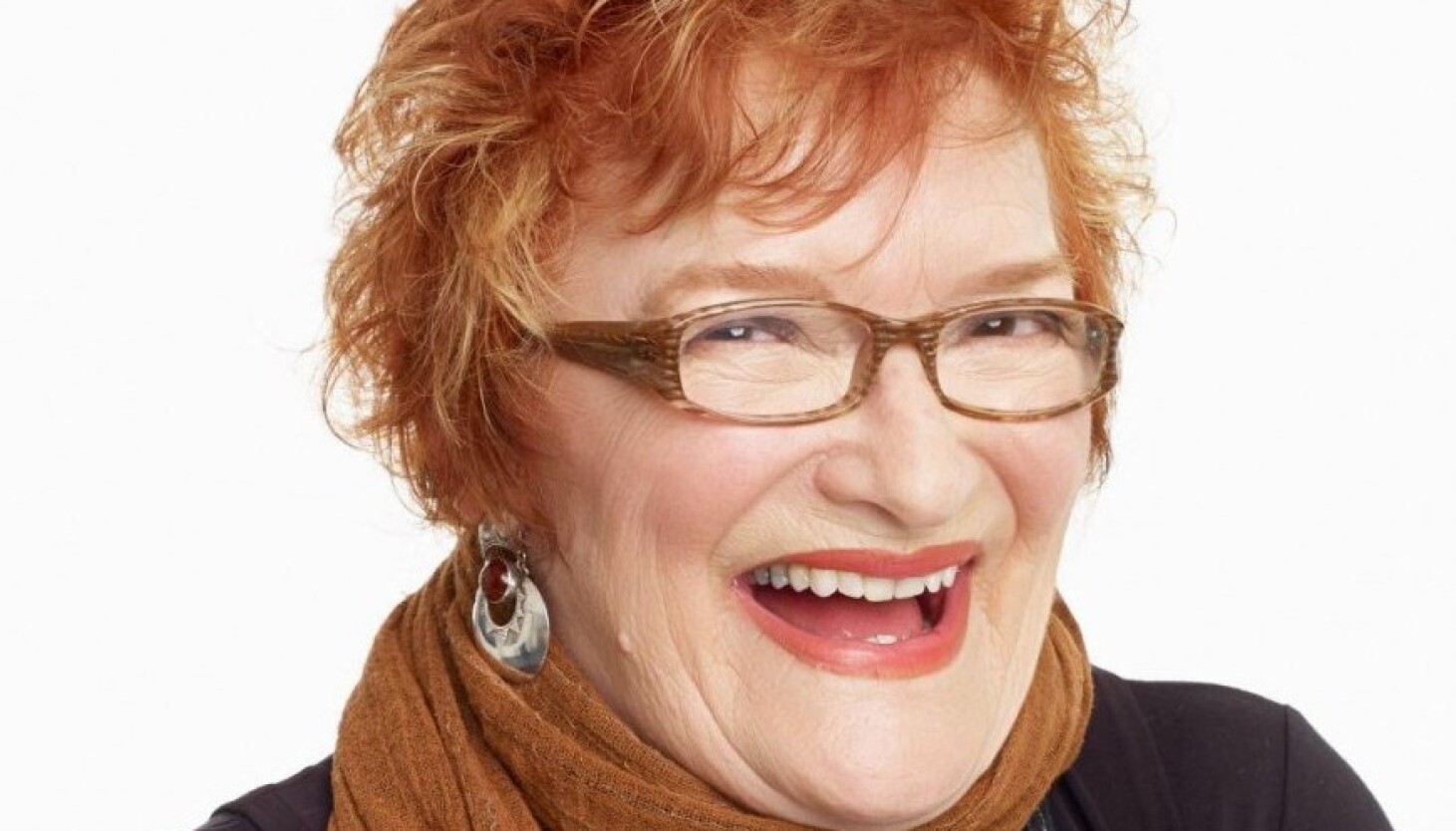Ivy Felicia has fond memories of spending time with family during the holiday season while growing up, as a table full of food brought the people closest to her together. But as she’s gotten older and is living as an adult in a plus-size body, the nature of that environment, for her, has changed.
The body image coach tells Yahoo Life that her body has long “shaped a lot of my identity and my perception of self” — particularly when she was a child who experienced bullying over her weight. Her home and family provided a safe space during that time. However, after she was diagnosed with chronic illnesses like polycystic ovary syndrome and resulting endocrine and thyroid issues, her body’s appearance became cause for concern during these intimate family gatherings.
“Should you eat that?” and “Is it OK for you to eat that?” are two of the questions she encounters the most while home for the holidays.
“I think a lot of that is based in health concern, because my family automatically assumed that for both health conditions, my size was causational,” she says. “That wasn’t really the case, but they didn’t know that. It’s just this automatic assumption that if you eat better, or you lose weight, you won’t have health problems.”
Regardless of the intention, the comments have left Felicia feeling isolated at a table with the people closest to her. Her experience isn’t unique.
Weight stigma during the holidays
While the holidays are about joy and togetherness, spending time with family can be triggering to some people for a variety of reasons. The pervasive issue of weight stigma is one of them.
Family members are some of the most common sources of weight stigma reported by youth and adults with higher body weight, according to a study published in December 2022. This particular research goes on to look at the ways in which that stigma manifests from different people and how it adversely affects an individual’s relationship with their body.
Katelyn Baker, a clinical psychologist focused on body image and fat positivity, tells Yahoo Life that there are a number of ways in which diet culture makes its way to a family’s holiday meal. The abundance of food during the holiday season plays a big part in eliciting judgmental comments.
“People say kind of common phrases about needing to break out the ‘fat pants,’ ‘the diet starts tomorrow’ or ‘I can’t wait till the new year so we can work off all this holiday weight,'” says Baker, who works with the plus-size mattress brand Big Fig’s advisory panel, Big Fig Collective, to bring attention to the ways in which people in larger bodies are marginalized.
These types of phrases may be indirect, but others are more direct and even aimed toward children. “I can remember a little kid going up to get seconds and someone commenting like, ‘Oh, getting seconds. Did you ask your mom? Are you sure about that?'” Baker recalls of a meal with a partner’s family. “And I kind of had to step in and be like, ‘If she’s getting seconds, she’s still hungry.'”
Danny Franzese, a fellow member of the Big Fig Collective and an actor best known as Damian in Mean Girls, says that those types of comments made him self-conscious about his body as a young kid. “I remember how much that stuff affected me. It’s a confusing thing for a child to try to understand,” he tells Yahoo Life. “I guess there was some sort of sensibility when I was younger that just because these people were older than me, they had a say in what I eat or what I do.”
These family members then became part of the many things — media, clothing sizes, food labels — “telling me that my body was wrong, from puberty on,” says Franzese. The marketing messages surrounding the holidays already do enough of that, he adds.
“It’s a very introspective period of the year, and the media is very effective in making you feel a certain type of way, showing you a certain type of person and how people should be and should look,” he says. “It’s a time when we’re soft and vulnerable as far as the year goes.”
Navigating the holidays in a plus-size body
Boundaries are an important part of preparing for an annual holiday gathering, according to Felicia, who works with a number of clients to become more comfortable in and accepting of their bodies. “Wintertime and the holiday time is a peak time [of body insecurities] because of the social aspect and visiting with relatives,” she says. “Family and our friends are the people that we want to feel safe with, and in so many other aspects of life they are our support system. So it can be particularly damaging and hurtful when family and friends make comments about aesthetics and our size.”
Because emotions can run high when one of these triggers surfaces, Baker suggests preparing responses ahead of time. “There is a lot of mental preparation that you can do beforehand. I like to anticipate what people might say so I can have a boundary response already provided and ready to go, if I need to break that out,” she says. “I also think it’s a lot of self-talk to get through those tough times, or when family is being family and sometimes you can’t necessarily jump in [to respond].”
The psychologist also recommends finding a “safe space” wherever it is that you might be attending a holiday gathering. “If I get overwhelmed or if someone makes a comment that gets under my skin, I can go [there] and take a deep breath,” she says.
Felicia reminds clients that they can dictate how and where they spend time with family, which doesn’t necessarily have to include a meal. “Maybe you’re going after the meal and going for game time or, you know, when they’re doing music or something like that,” she says. She recommends “using energy management to think about your own mental and emotional capacity and what is going to be best for you.”
At the end of the day, family settings are just an additional test to practice blocking out the noise of diet culture and weight stigma in a society that’s already bogged down by it.
“The key to really getting through body peace and healing your relationship with your body is learning how to gradually turn down that external messaging,” says Felicia. Stepping away or practicing other forms of self-love helps you “just kind of ground yourself in realizing that those [negative] things don’t align with your belief system. They don’t have to be your truth.”

Gary Rose is a lifestyle connoisseur who celebrates the art of living well. She explores topics ranging from travel and fashion to home decor and culinary delights. Gary’s passion for aesthetics extends to her hobbies, which include photography and interior design.







